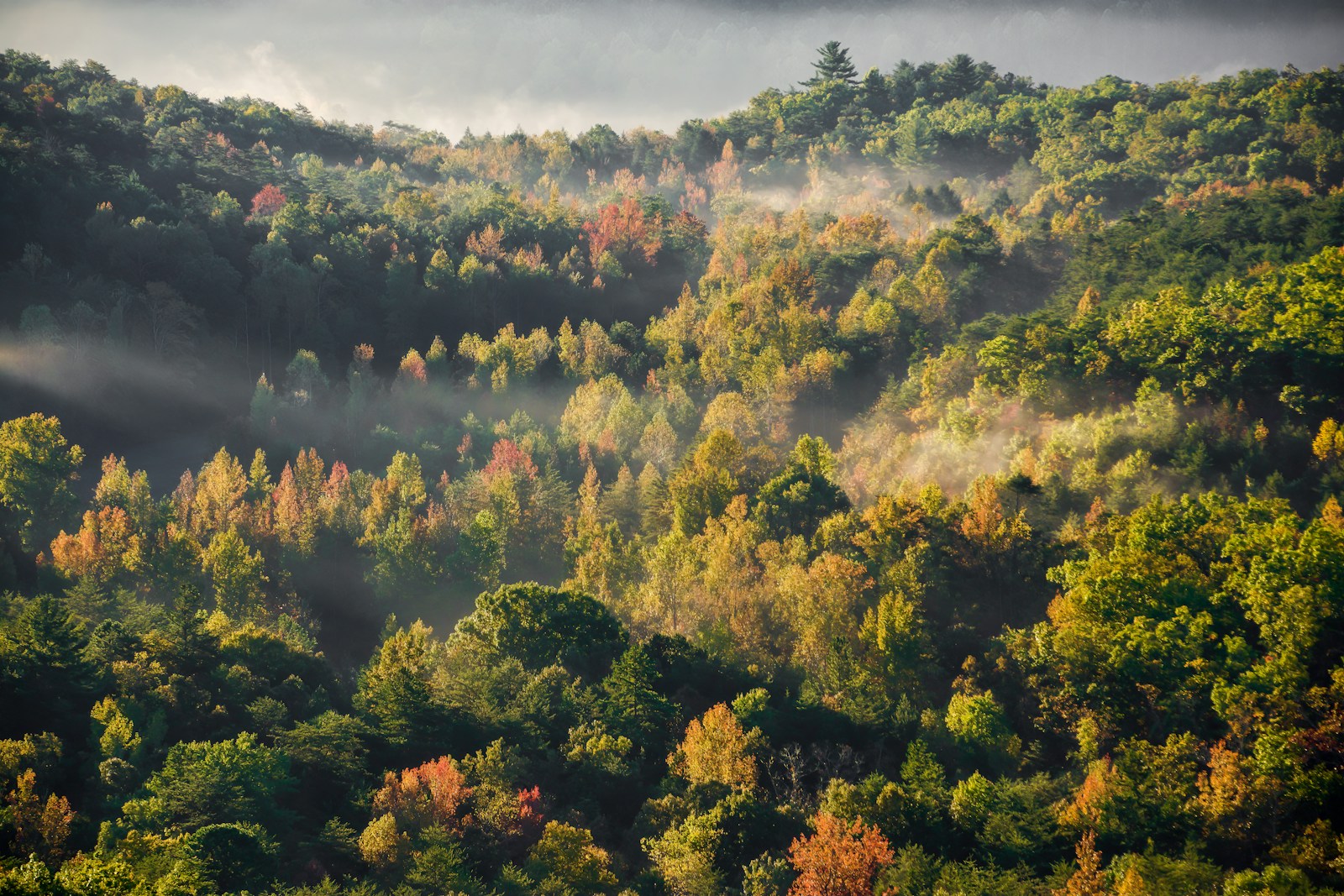
automne

fall
In French, 'automne' refers to the season of fall or autumn. It's used in the same context as in English, to describe the period of the year between summer and winter when temperatures gradually decrease and leaves change color and fall off the trees.
Example sentences using: automne
J'adore l'automne pour ses couleurs vives.

I love autumn for its vibrant colors.
This sentence expresses a person's fondness for the autumn season, particularly because of the bright, vibrant colors that the leaves change to during this time.
L'automne est la saison des récoltes.

Autumn is the harvest season.
This phrase describes autumn as the season when most crops mature and are harvested, especially fruits and vegetables.
En automne, les jours commencent à raccourcir.

In autumn, the days start to get shorter.
This phrase highlights a common feature of autumn, which is that daylight hours begin to shorten as we move from summer into winter.
L'automne me rappelle ma jeunesse dans la campagne.

Autumn reminds me of my youth in the countryside.
This sentence illustrates the speaker's nostalgic connection between the season of autumn and their youthful experiences in the countryside.
Les arbres en automne sont vraiment magnifiques.

The trees in autumn are truly magnificent.
The speaker describes the aesthetic beauty of trees during the autumn season, possibly referring to the color change the leaves undergo.
L'automne est une bonne période pour visiter la France.

Autumn is a good time to visit France.
This sentence suggests that the autumn season is an especially pleasant or beneficial time to visit France, perhaps due to the climate, scenery, or cultural events.
Mon anniversaire est en automne.

My birthday is in autumn.
This straightforward sentence states that the speaker's birthday falls within the autumn season.
En automne, les feuilles changent de couleur.

In autumn, the leaves change color.
This sentence describes a notable characteristic of the autumn season, which is the transformation in leaf colors.
L'automne dernier a été plus chaud que d'habitude.

Last autumn was warmer than usual.
The speaker is comparing the temperatures of the previous autumn season to the normal or expected temperatures, noting that it was unusually warm.
Je prépare toujours un bon livre pour l'automne.

I always prepare a good book for autumn.
The phrase expresses the speaker's habit of getting a good book ready to read during the autumn season, which can be a cozy and enjoyable pastime.